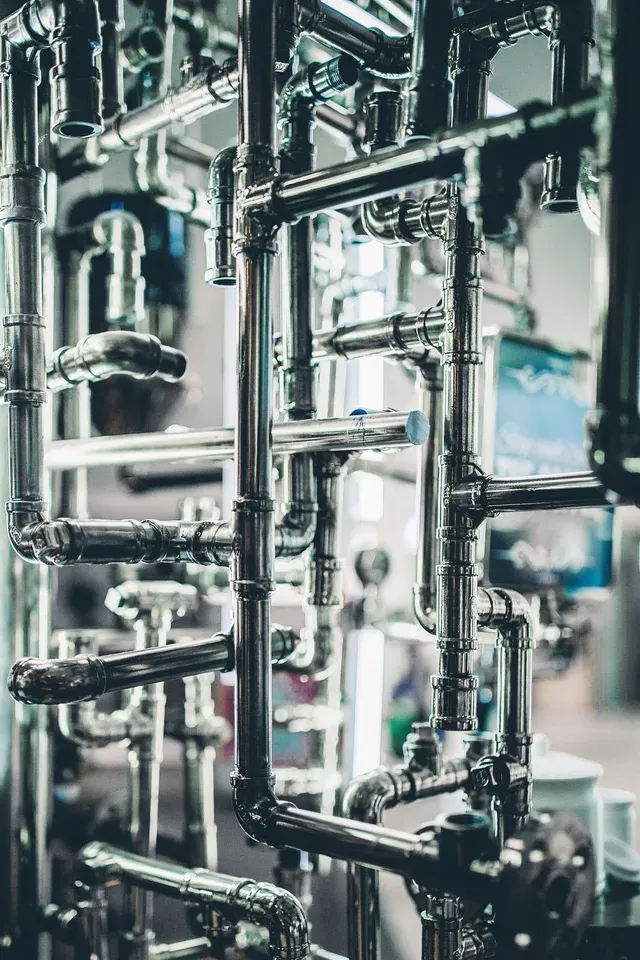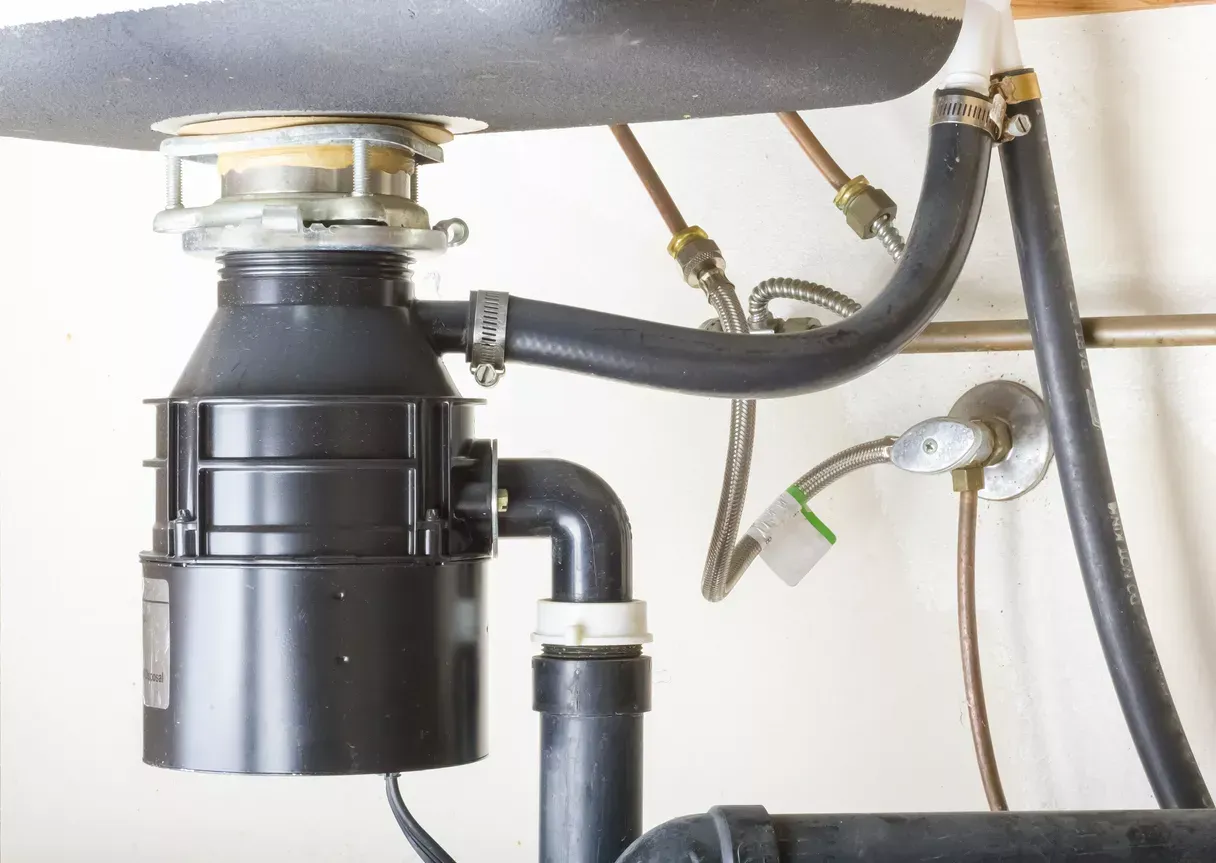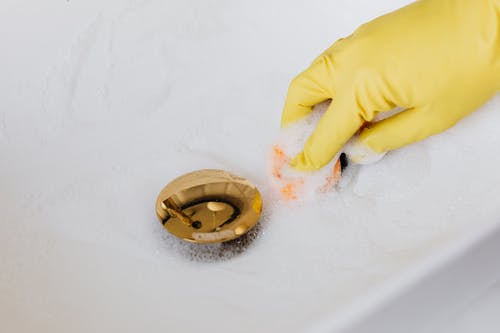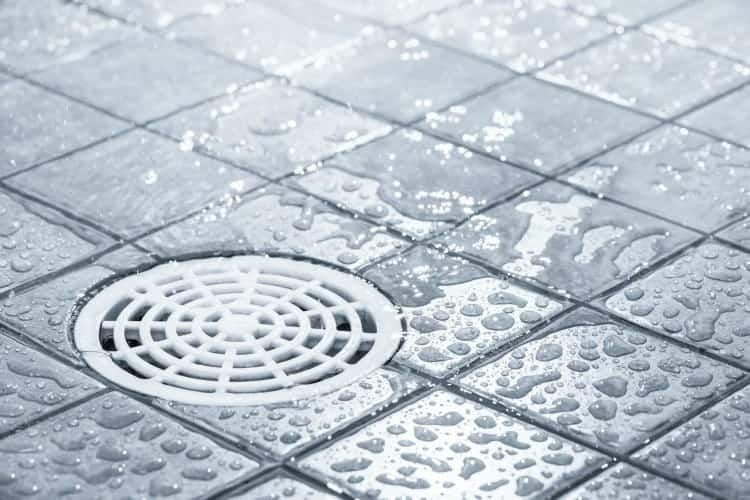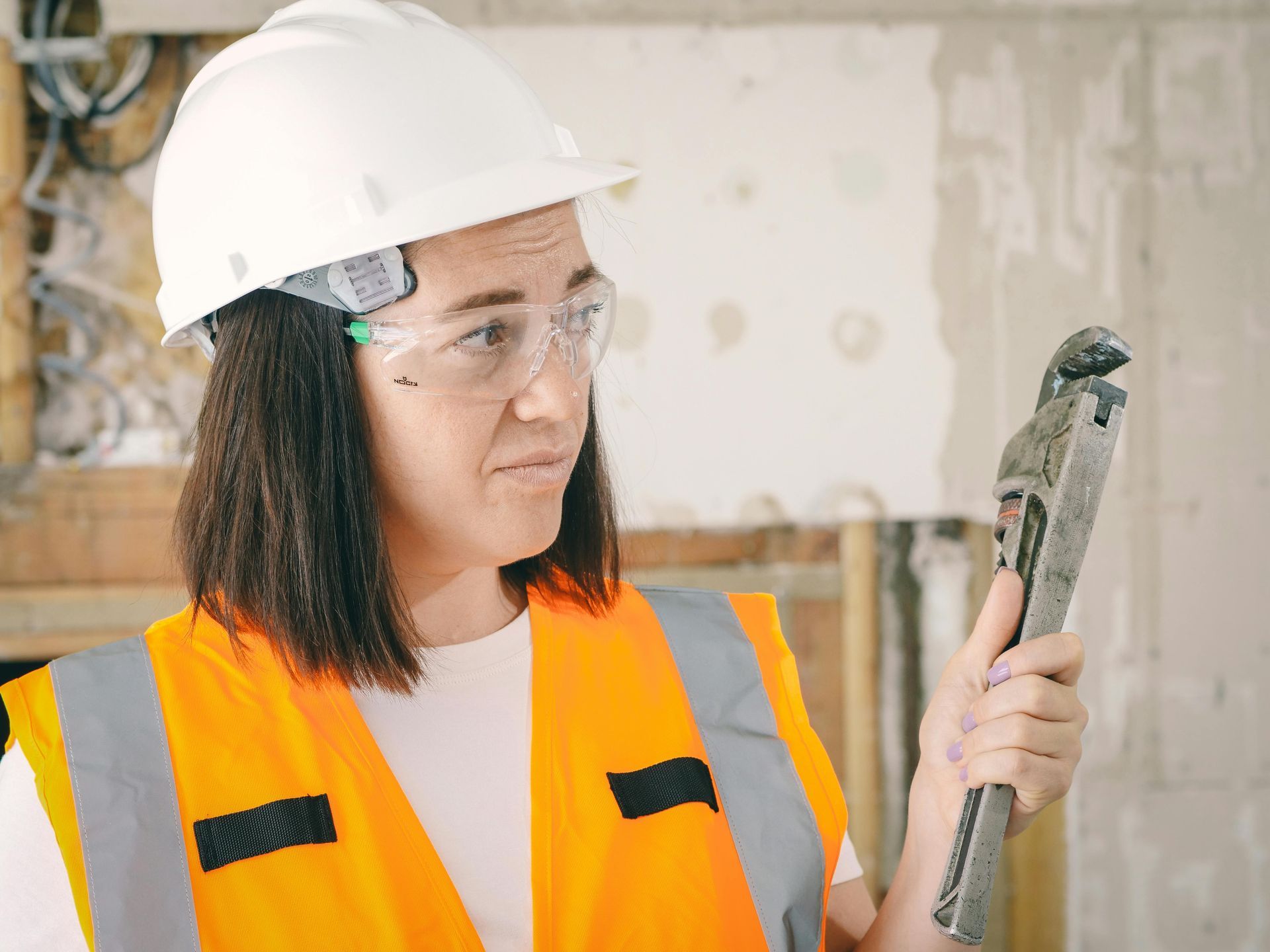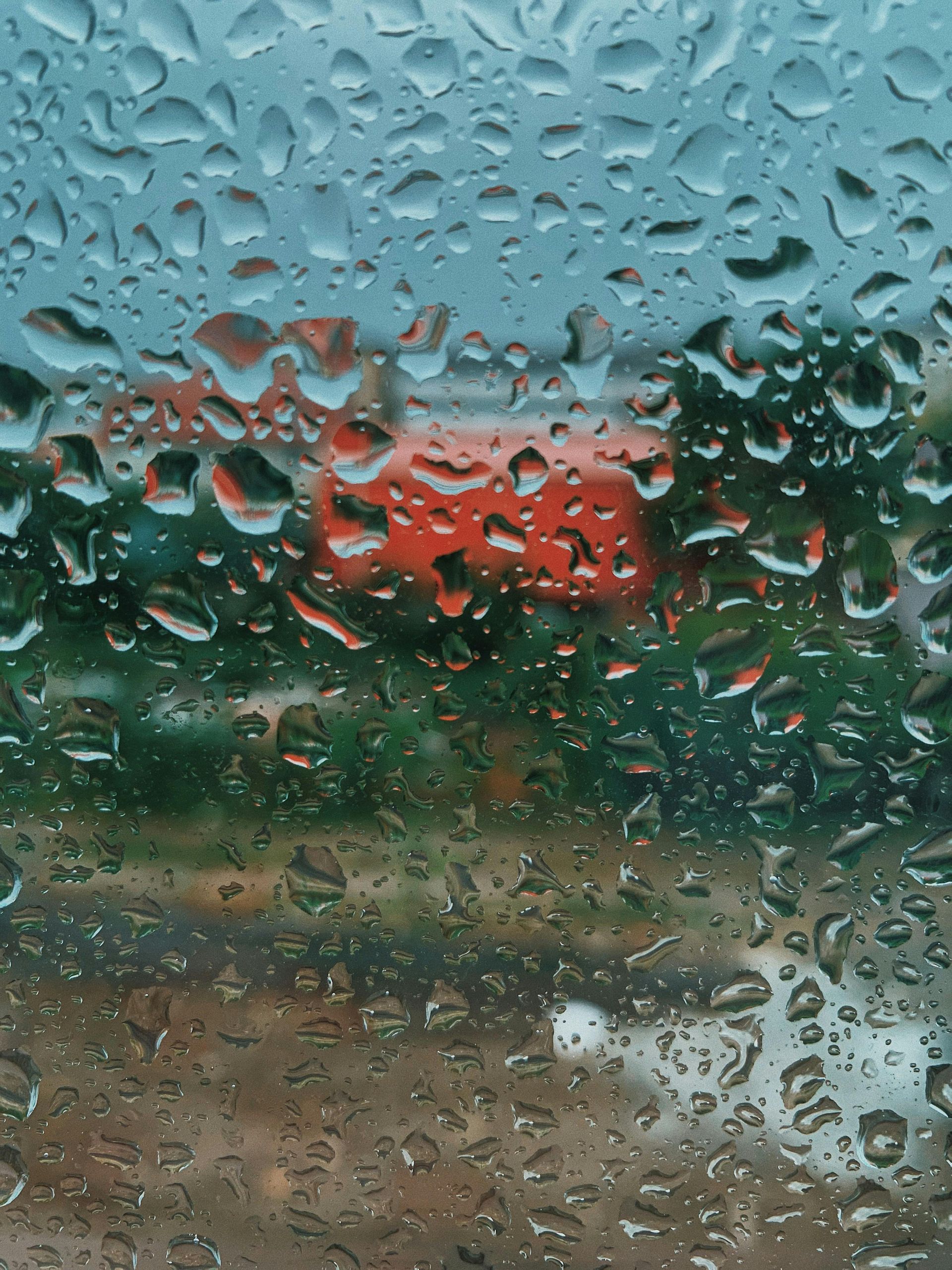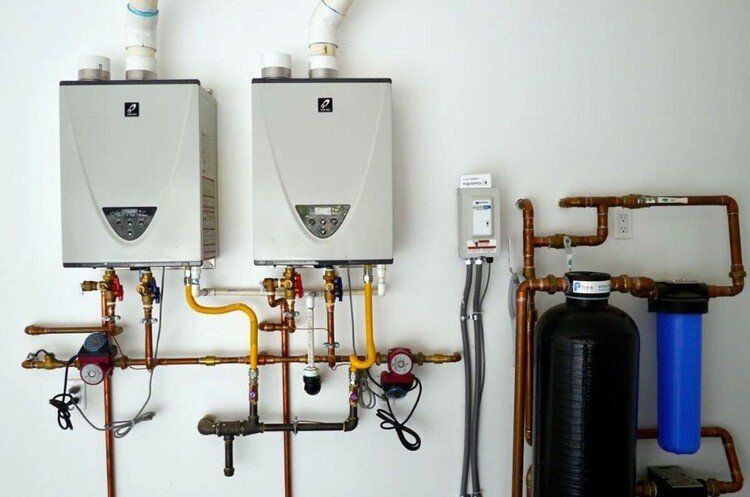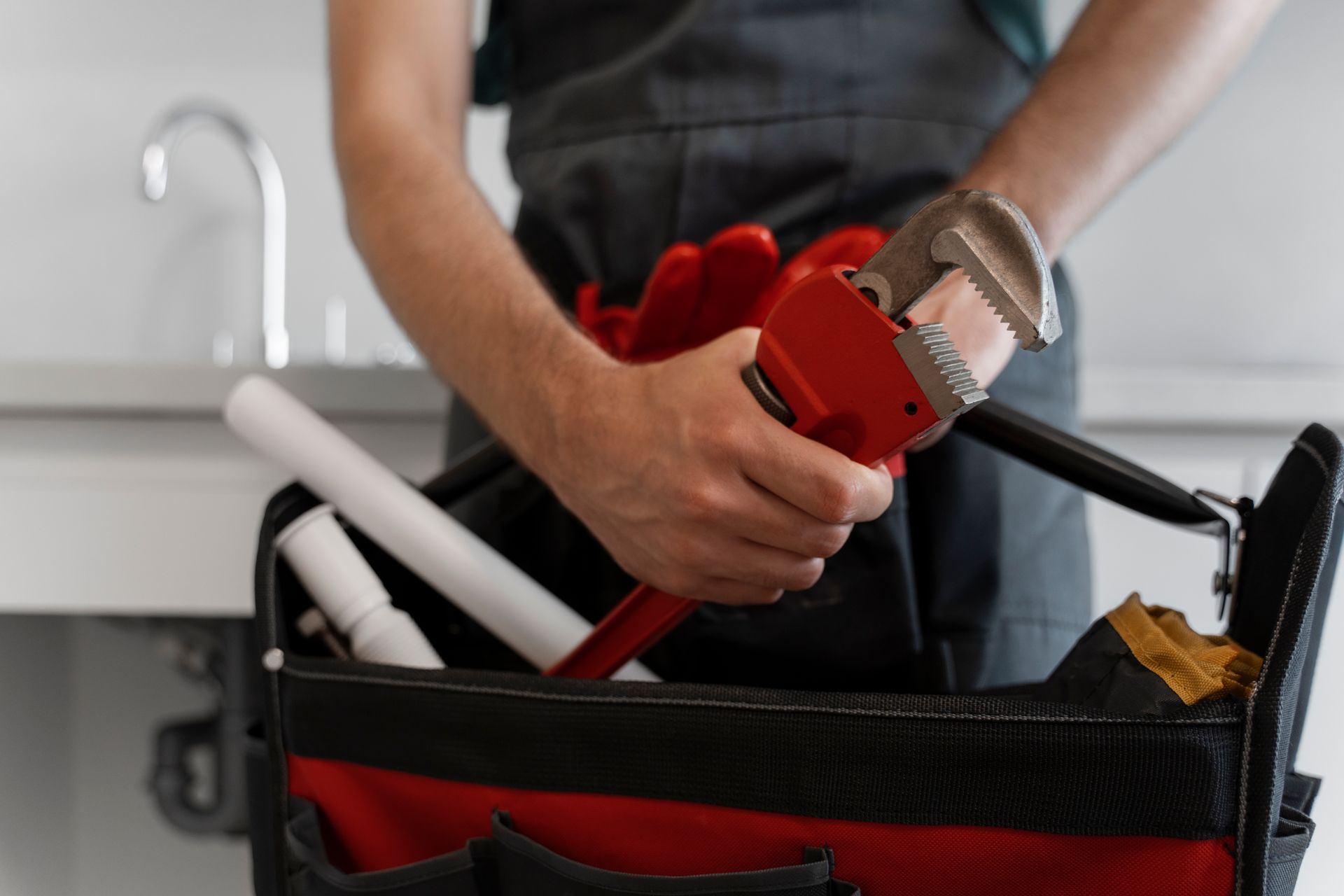Going Tankless: Everything You Want to Know About Tankless Water Heaters
David E.

Have you ever been looking forward to a long, hot shower only to realize a few short minutes in that the hot water was gone? Yeah, we’ve all been there at some point. When our hot water tank runs out of hot water, it can take a while for more to be heated. With tankless water heaters, running out of hot water is a thing of the past. The difference is that it heats the water when you need it and for as long as you need it, so essentially, it won’t run out! They’ve been in the United States since the 1990s, so they’ve been refined and improved for around 30 years and we think they can be a great option. Let’s explore how they work and a few other things you probably want to know about tankless water heaters. As your Birmingham residential plumbing experts, we want to help you make the best plumbing decisions for your home!
How They Work
Tankless water heaters heat water directly without the use of a storage tank. When the hot water knob is turned on (or an appliance on a hot setting), cold water travels through a pipe into the unit, then a heating element or flame heats the water. So essentially, it delivers a constant supply of hot water. You don’t have to wait for a storage tank to fill up again- how nice!
Because they are actively heating the water, tankless water heaters provide hot water at a rate of 2–5 gallons (7.6–15.2 liters) per minute, which can be a slower flow rate than you’re used to if you switch (information from Energy.gov). While gas-fired versions produce higher flow rates than electric ones, sometimes even the biggest model cannot supply enough hot water for simultaneous, multiple uses- like taking a shower and running the dishwasher at the same time. No need to worry- one solution is to install two or more tankless water heaters, for those instances of simultaneous demands of hot water. You could also install separate tankless water heaters for appliances (i.e. dishwasher and/or washing machine) that use a lot of hot water in your home.
Tank vs. Tankless: Which is better?
Let’s look at the pros and cons of a tankless hot water heater:
PRO: More energy efficient = lower utility bills
You could save 27 to 50 percent of fuel costs over tank-type heaters. The initial cost is typically higher than that of a conventional storage water heater, but the savings on energy costs adds up and can actually start saving you money.
PRO: Longer lasting
Most tankless water heaters have a life expectancy of more than 20 years whereas storage water heaters last 10–15 years. Additionally, replacement parts for tankless units are easy to install and can further extend the life of the system.
PRO: They’re Compact
Tank-type water heaters take up a lot of room, even if it’s tucked away- think about the extra storage space you could have without it there. Tankless gas heaters are about the size of a suitcase and hang on the wall.
PRO: They’re Safer
Traditional hot water heaters have the potential to spring a leak or even burst. This shouldn’t happen, but we know that things break down over time, so it is a possibility. If a leak happens, flooding happens. No one wants water damage. Because there’s no tank to fail, there’s almost no chance of a catastrophic leak with a tankless system. Also, tankless versions are safer because the air-supply and exhaust vents are sealed, so carbon monoxide can’t leak into the house.
CON: They’re Sensitive to Slow Flow
If there’s too much buildup in the pipes, or a faucet is clogged, the slowed flow can make these units automatically shut off. So they can be more sensitive than their tank-style counterparts.
CON: More expensive and the payback takes a while
Tank heaters can cost an average of $400, whereas tankless models are $1,000 on average. Going tankless may save you about $100 per year, depending on how efficient it is and how much hot water your household uses. So it could take several years for it to start saving you money.
It’s also important to note that it’s recommended to have them professionally cleaned by All City Plumbers about once a year. That’s a good thing because it means your water heater will remain functional for longer and will run efficiently, but it does add something else to your home that needs professional cleaning.
A tankless water heater is a great option for many households looking for energy-efficiency, decreased risk, and “never ending” hot water, but does that mean it’s the right option for your home? Your Birmingham residential plumbing experts at All City Plumbers can help with the decision making. We can access your current situation and let you know what we recommend. If you decide to switch to a tankless water heater, we’re able to install and service it for you! Contact us today to make your appointment!

